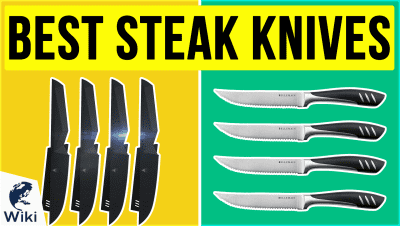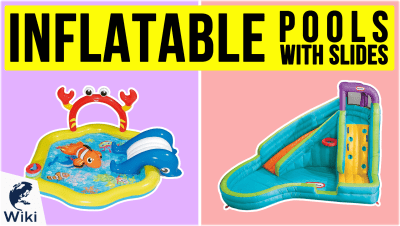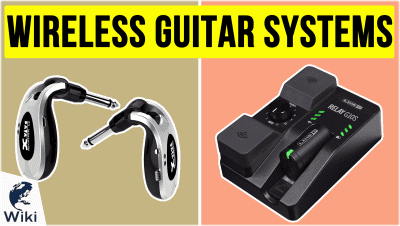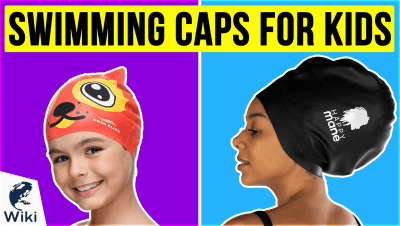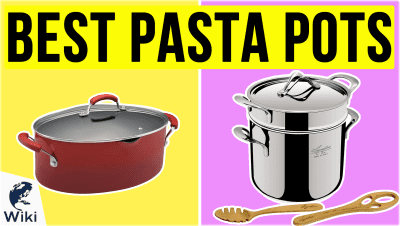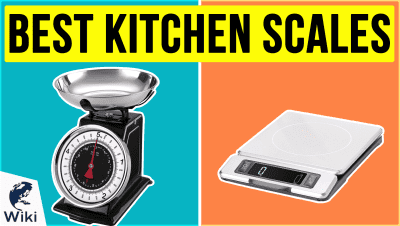What Are Hashtags?
Have you been hearing the word "hashtag" in commercials and wondered what everyone is talking about? Or perhaps you're confused about what all those words and symbols are at the end of your friends' Facebook posts. Not to worry, we're here to help. We'll explain what hashtags are and how to use them so you can get the most out of your social media posts. This video was made with Ezvid Wikimaker.
Are Hashtags Only Used On Twitter?
While hashtags did originate on Twitter, they are used on many social networking services. Instagram and Facebook are just two of the other places where you'll see hashtags. Now that they are a part of the lexicon and used in marketing by many artists and brands, hashtags can be found just about anywhere.
Who Invented Hashtags?
Hashtags were first proposed by Chris Messina, a former Google Plus designer and Uber developer, in a tweet back in 2007.
What Are Some Popular Hashtags?
- #tbt - "Throwback Thursday," old pictures
- #FollowFriday - suggestions of other people your followers may enjoy
- #FailWhale - when Twitter's services are down
- #DidYouKnow - trivia and other interesting facts
- #TIL - "Today I Learned," information you found out today
- #iPhone - news about the latest iPhone release
- #DWTS - talk about "Dancing With The Stars."
- #BlackLivesMatter - posts relating to social justice
- #wcw - "Woman Crush Wednesday," tag women you admire
- #fail - things that didn't go as planned
- #OneLoveManchester - used to raise awareness after the Manchester attacks
- #JeSuisCharlie - signifying solidarity with "Charlie Hebdo" after the Paris attacks
- #Brexit - news and opinions about Britain leaving the EU
- #MAGA - "Make America Great Again," Donald Trump's campaign slogan
- #NoFilter - states that your Instagram picture hasn't been altered
- #Selfie - when you take a picture of yourself
- #FoodPorn - for images of enticing meals
- #NowPlaying - the music or video you're currently playing
- #WhatIMissMost - the things you miss about being a kid
Is There Any Danger In Using Hashtags?
The Internet can be a pretty unforgiving place, and there are always fights breaking out over social media. If you want to post about a controversial topic like politics, it's a good idea to read up on whatever hashtag you're thinking of using. You may accidentally be linking your message to a movement that you're against. As long as you know what the hashtag means, there's no harm in using them. They simply allow you to have more people view your tweet who may be interested in your brand. To learn more about web vocabulary, check out these articles on texting expressions and memes.
In Depth
A hashtag is a keyword or phrase with a number sign or pound sign before it. #AMAs and #SurvivorSeries are just a few examples. The idea was born in 2007, when Chris Messina, a former Google+ designer and Uber developer experience lead, proposed using the hash symbol for group topics.
A hashtag is divided into two parts. The string is the keyword or the sequence of letters and numbers. In #FleetReview, "FleetReview" is considered the string. Notice that there are no spaces and no punctuation marks used in between. To make reading easier, the first letter of every word is in uppercase instead.
The hash sign, on the other hand, is simply the number or pound sign placed in front of the string. When used on major social media platforms, this symbol turns the keyword into a searchable link. Once you click on it, it causes the website to search for posts with similar content.
The hash sign, on the other hand, is simply the number or pound sign placed in front of the string.
The main function of a hashtag is to label your social media post into a category and make it accessible to other people who are interested in the same topic. For example, you make a tweet using #MissUniverse. Everyone else on Twitter, including those who are not following you, will get to see your exact message when they search for the keyword you used.
Similarly, if you are curious about updates regarding #MissUniverse, you can simply type it on the search box, then a list of posts related to the topic will appear in real-time. You may also just click on a particular hashtag you spotted to display a live feed of other posts associated with it.
There are certain rules for creating and using hashtags. As much as possible, use one or two hashtags. A good example is when you post an old photo on a Thursday. You can add a caption, then accompany it with a simple #tbt, which means "Throwback Thursday". Multiple tags are ineffective and will make your post look like spam.
As much as possible, use one or two hashtags.
Add a hashtag that is only related to your message. For instance, if you want to discuss the latest version of the Android operating system, you can use keywords like #AndroidOreo or simply #Oreo. You cannot put "Jelena Is Back" because that is totally irrelevant to what you are trying to say. It will also look like you are trying to get unwanted attention and will cause annoyance to other people who are talking about Justin and Selena's romance.
Make your hashtag unique if you want to create your own brand. For example, you have a new fast food place in Los Angeles called Super Burgers. Putting #burger along with your marketing tweets can make it look generic and might get lost in ordinary discussions which are not about your products. Instead, you can market your goods by making posts online using the name of your establishment, plus your slogan. Thus, you can use #SuperBurgers and "The Best Burger In L.A." to represent your business in online discussions.
Be sure that there are no spaces or punctuation marks. Adding these will break the link and may change the idea of your hashtag. Let us say that you want to put #USNews along with your posts regarding the happenings in the United States. However, if you accidentally put a blank area in between the two words, "news" will be removed from the searchable link, and will now appear as #US. Your tweet will now be misplaced into a different category.
Adding these will break the link and may change the idea of your hashtag.
Apply uppercase to the first letter of every word in your hashtag to avoid confusion. An infamous example was in 2013 when former British Prime Minister Margaret Thatcher died. #Nowthatcherisdead trended on Twitter during that time. Instead of reading it as "Now Thatcher is dead", many people interpreted it as "Now that Cher is dead", which caused them to believe that it was the singer Cher who passed away.
Aside from putting things into categories, hashtags can also be used to show support. Many online users tweeted #OneLoveManchester to sympathize with the victims of the Manchester attack on the 22nd of May, 2017.
Hashtags are useful in joining conversations regarding pop culture topics. For instance, you want to join people who are talking about One Direction. Simply type a message showing your support to the group, then add #1DisStillTheBiggestBoyband.
Hashtags are useful in joining conversations regarding pop culture topics.
A broadcast program, especially one that airs in prime time, may employ a hashtag by displaying it during an episode. This allows viewers to interact by tweeting or posting about the show. Once that interaction gains momentum, the hashtag becomes a trending topic online, attracting other people to tune in as well.
In the National Basketball Association, they allow the fans to pick players for the All-Star Game by using the hashtag "NBA Vote," together with the player's name.
The usage of hashtags has been a must when it comes to digital marketing. They give you the opportunity to check out what people are saying about your brand or products. They also make it possible for you to monitor your competitors so you will know how to stand out and set yourself apart from them.
The usage of hashtags has been a must when it comes to digital marketing.
These hashed keywords have truly taken over social media life. Whether you are a budding online entrepreneur offering a new product, a Taylor Swift fan showing support, or just an ordinary person expressing a sentiment, they will always have a place in your posts. The internet will never be the same without hashtags.



